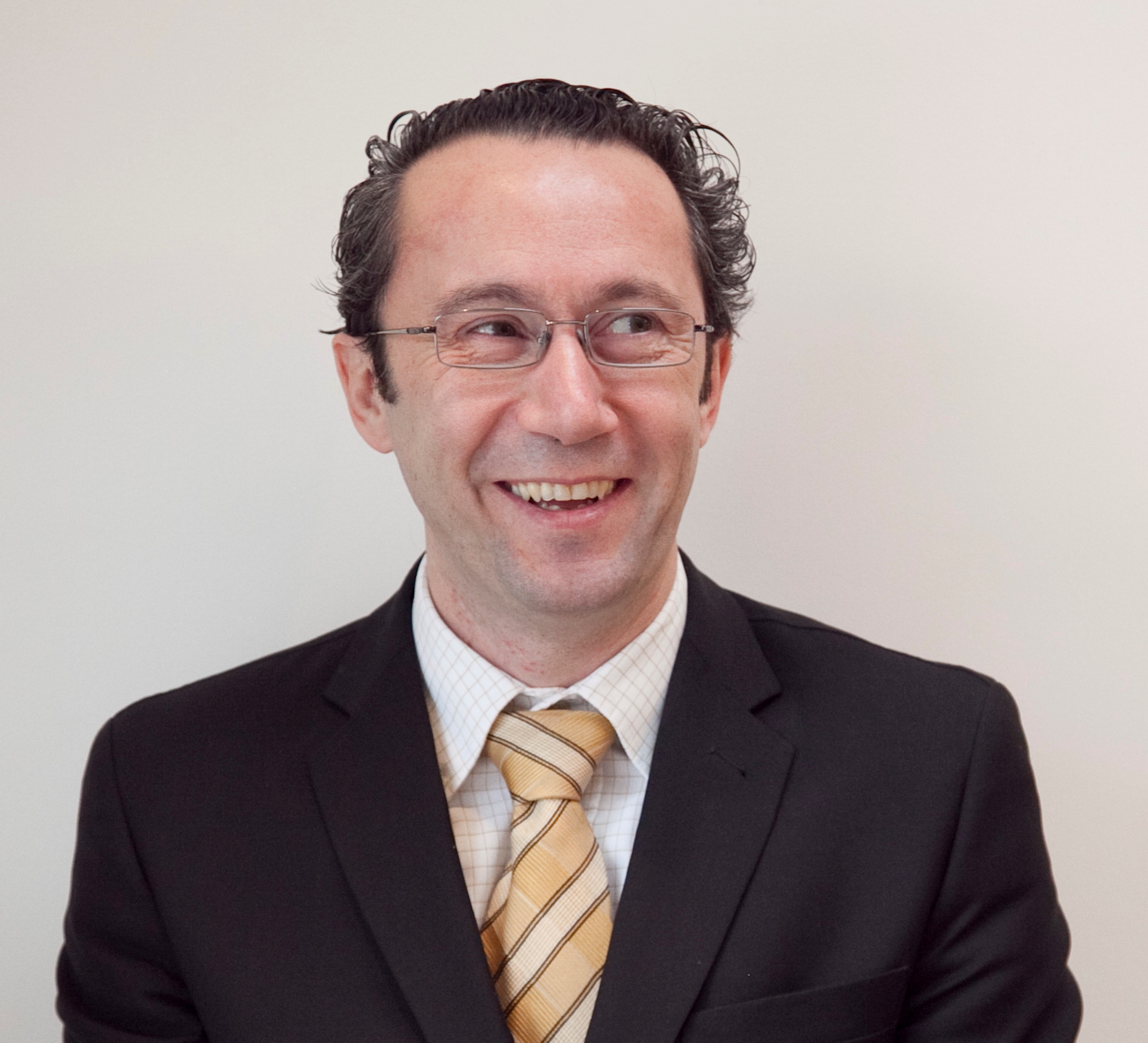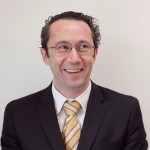
 I cannot imagine of anyone working in a factory or as a sales assistant in a shop and define what they do a hobby. It is also very unlikely you will ever hear a doctor, a solicitor or an architect describing their job as a hobby. However there are activities that can be carried out as a hobby as well as a profession. Many artistic disciplines like photography or painting fall into this category and can be considered hobbies by many individuals including myself but they are also providing a living for many professional photographers and painters.
I cannot imagine of anyone working in a factory or as a sales assistant in a shop and define what they do a hobby. It is also very unlikely you will ever hear a doctor, a solicitor or an architect describing their job as a hobby. However there are activities that can be carried out as a hobby as well as a profession. Many artistic disciplines like photography or painting fall into this category and can be considered hobbies by many individuals including myself but they are also providing a living for many professional photographers and painters.
In the complementary health industry I have met many people that have decided to learn one or more therapies, mostly with the intent of helping people around them and often inspired by a need of helping themselves in the first place. Once one knows how to deliver professional massages or reflexology it becomes second nature to offer these skills to friends and family. Depending on the personal network of the individual this activity could spread more or less rapidly across a number of people and often make some money in the process. This is the moment where many people, having made a few hundreds or thousands of pounds, naturally think that they can make a living out of their therapeutic work.
Unfortunately though many people get caught in what I will call in this post the glorified hobby syndrome (that I will refer later as GHS, it’s not a real disease but it truly affects many people) and I will explain here what I mean. As it was previously discussed on this blog it is well possible to make a living out of therapy and other complementary health practices; this is just if all aspects of running the business are managed correctly.
Compared to manual labour or skilled office employment, paid at market value, complementary health professions can offer much higher hourly remunerations. At the time of writing this I know many complementary health practitioners charging between several tens to even hundreds of pounds per hours; that can encourage many individuals to think that they can make a great living working just a few hours per week but they are often too optimistic about the time it will take for their business to be self sustaining. At this point many of them get affected by GHS.
Typical symptoms of the GHS are:
- Lack of a business and marketing plan, working “as much as I can”
- Constant feeling of being start-up mode (low income, no budget for typical business expenditures like marketing, assets, premises, constant feeling of working hard but without consistent results)
- Being busy with life and working in the spare time
- Being ok with having 1-3 one hour sessions per week, after 6 or longer months they are in business
- Complaining about the above but, as money is not too much of an issue (having savings in the bank, other incomes, a partner that provides for them), lacking the determination to take serious actions
Having spoken and worked with hundreds of practitioners over the last few years I can now spot people affected by GHS within minutes into a conversation or often by having a look at their website or various social media profile.
Given my job and position I very often challenge practitioner that would like to join our team. When I feel that someone is affected by GHS and will not be willing to work toward the development of a self sustaining complementary health practice I simply ask how they are going to develop their business. Treating GHS can be simple and it follows a holistic approach similar the ones used to address other common psychological disorders like phobias or addictions. We work together to:
- Agree that GHS is there and it’s negatively ruling their business
- Agree what will be done to avoid GHS and when
- Keep them accountable for the actions we agreed and make sure they deliver positive outcome
If you are in complementary health and consider it your main source of income ask yourself whether you are affected, even mildly, by GHS. By working at Salus Wellness you will be challenged to a point that you feel just a strong urgency to transform your business and create a truly and complete self sustaining practice.
